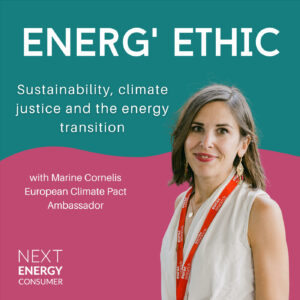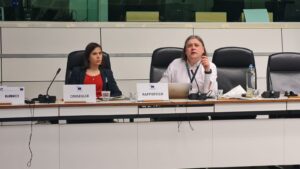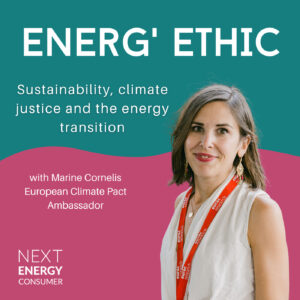Returning from the Milano Transition Days 2023, hosted by the Fondazione Giangiacomo Feltrinelli, I am filled with a renewed sense of purpose. Witnessing the commitment of business leaders and stakeholders in Italy, where such multi-faceted dialogues have become a normative force at the EU level, was truly heartening.
The gravity of our discussions was set against a sobering backdrop: Eurostat’s revelation that around 42 million EU citizens, or 9.3%, faced the chill of inadequate heating in 2022—a staggering 35% increase from two years prior. In Italy, the situation is particularly poignant; despite advancements in automating energy bonuses, a scant 12% of those eligible receive aid. As Fabio Gerosa from Fratello Sole insightfully pointed out, and as echoed by Theresa Griffin of the Forum for European Electrical Domestic Safety (FEEDS), the repercussions of energy poverty are severe, making a European Union-wide ban on disconnections not a luxury, but a necessity for safeguarding lives.
From our roundtable, several key takeaways emerged:
- The Collective Challenge of Energy Poverty: It’s clear that energy poverty is not merely an individual plight but a systemic issue that requires a community-based approach.
- The Imperative for Detailed Data: To effectively tackle energy poverty, we need more nuanced data to understand the depth and breadth of the issue, ensuring that no one is left in the cold.
- Harmonizing Social and Environmental Goals: It’s crucial that we strike a balance between our social ambitions and environmental imperatives, particularly in leveraging infrastructure and technologies like grid flexibility for the common good.
- The Need for Visionary Governance: Italy’s struggle with comprehensive leadership and vision in this area underscores a broader need for regulatory clarity and governance.
- The Power of Information: Education and training are foundational, not just for those directly affected by energy poverty but also for the frontline workers and policymakers who can make a difference.
The European Commission’s recent recommendation, which focuses on national and local measures to address energy poverty, is a welcome development, especially its emphasis on trust-building and effective communication, alongside skill and knowledge dissemination.
Furthermore, the renewal of joint principles for enhanced consumer protection this winter is a crucial step in ensuring that consumer rights are upheld during the most vulnerable season.
EU leadership must filter down to every level, with enforcement as the linchpin. As I’ve always maintained, we need an infusion of social justice, diversity, responsibility, and leadership to build communities that are not only resilient but also socially cohesive and economically dynamic in the face of impending climate challenges.
The upcoming Citizens Energy Forum in Dublin and Enlit Europe in Paris will provide excellent platforms to continue these vital discussions.
A heartfelt thank you to Federico Magrin and the foundation, Sara Ballabeni for her adept coordination, and all the roundtable participants for their insightful contributions. It’s through such collaborative efforts that we can truly make strides in the energy transition.
-Marine





